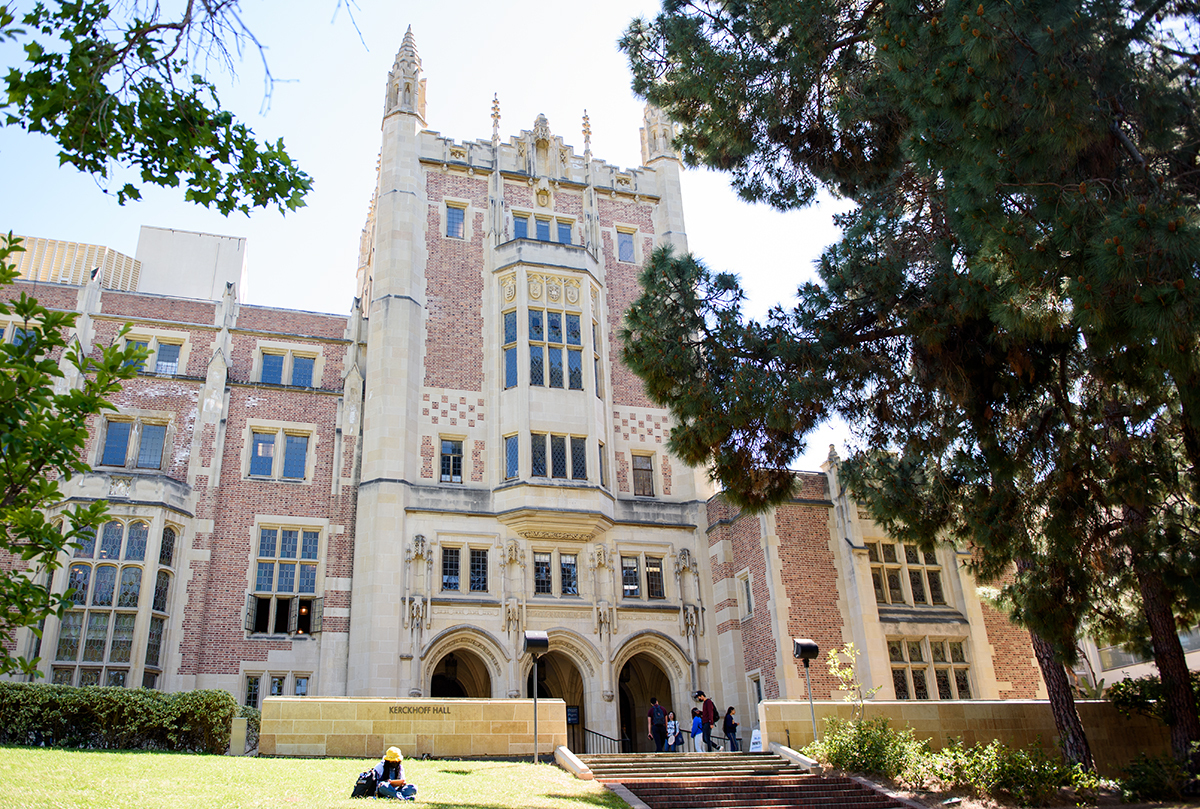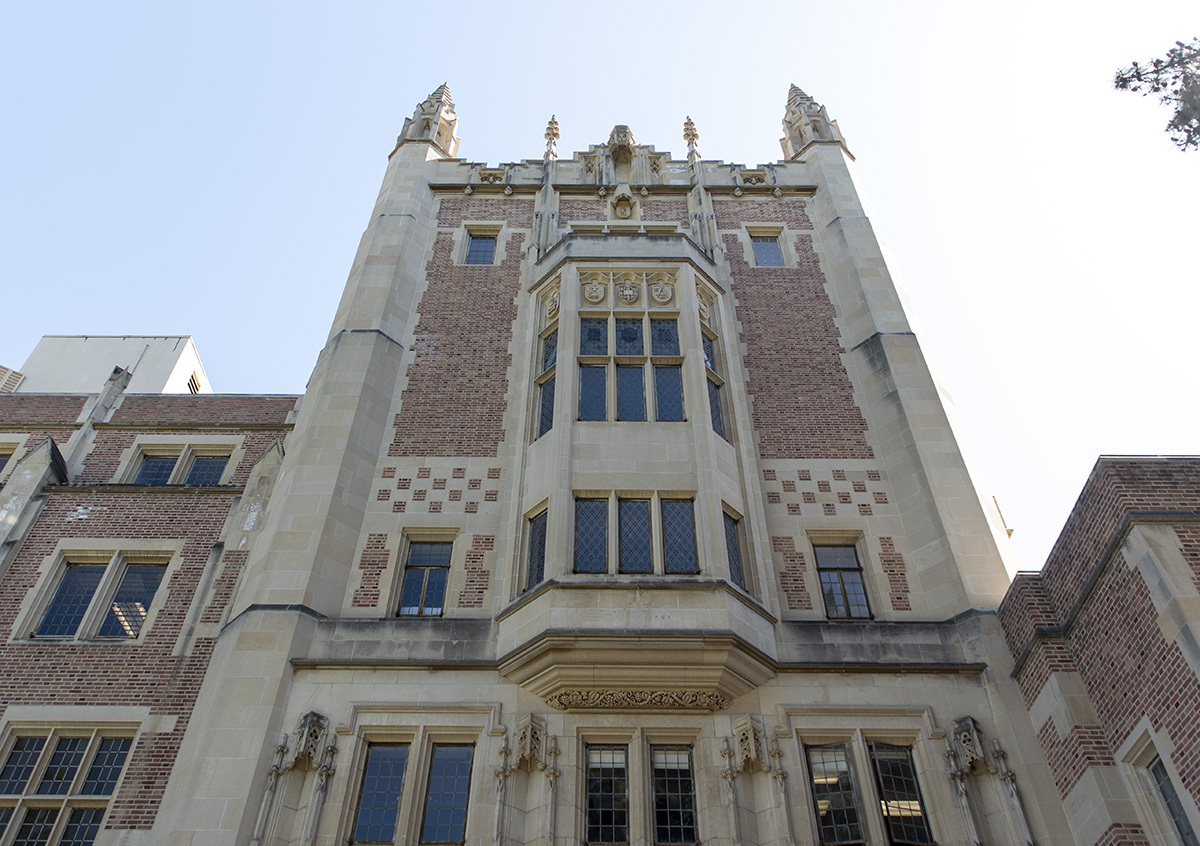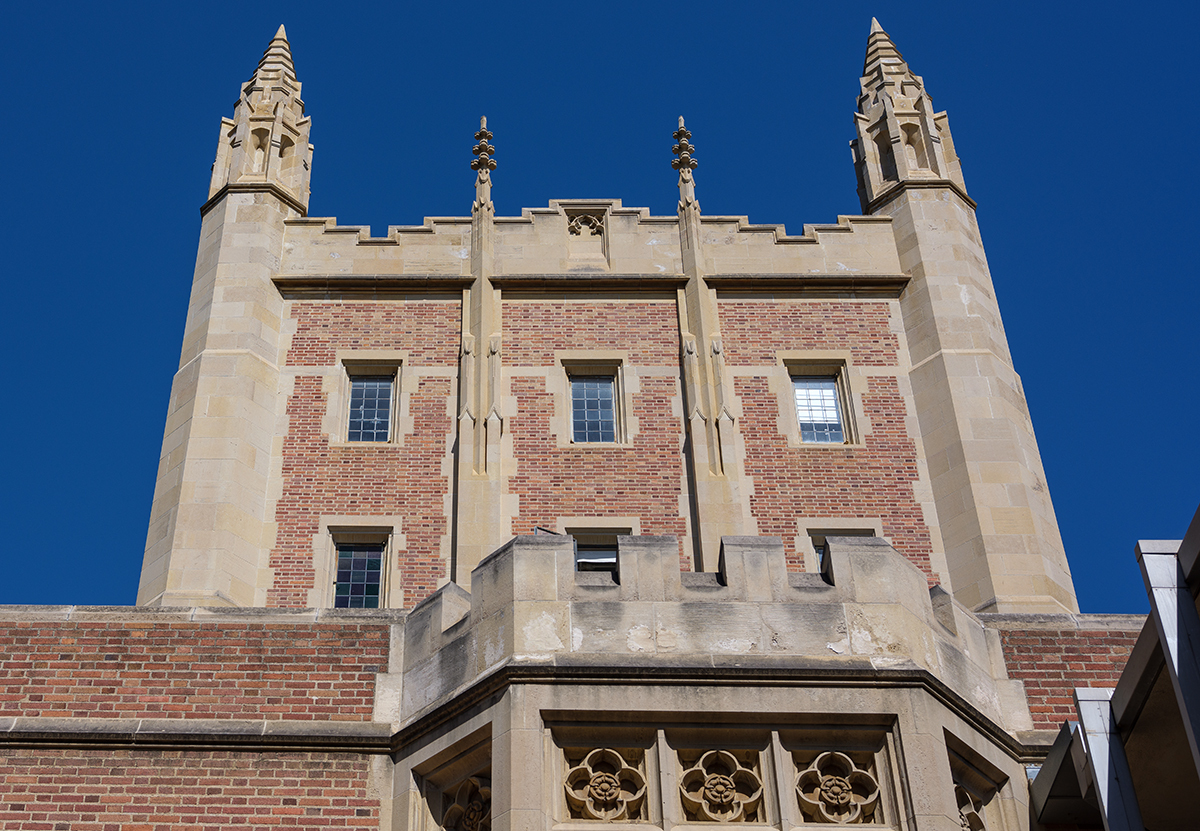Elections board bans anonymous campaigning, adds new training for USAC candidates
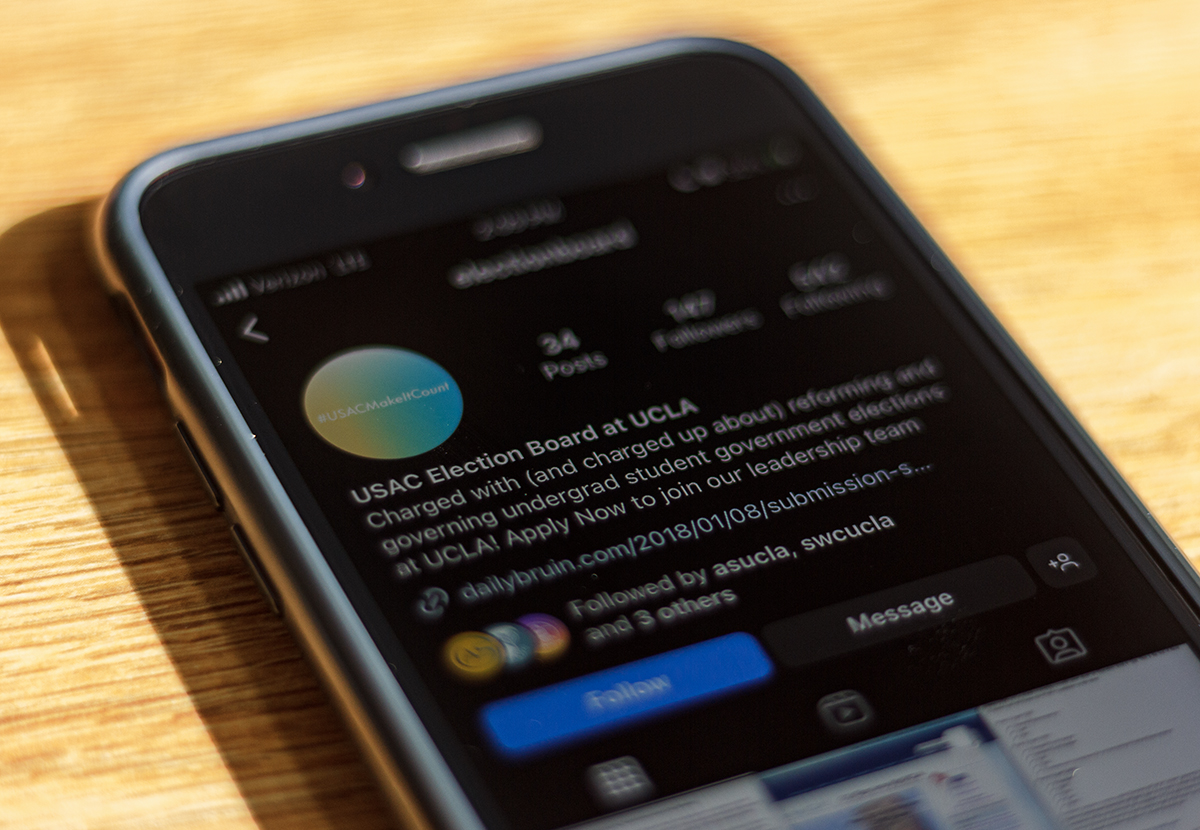
The Undergraduate Students Association Elections Board’s Instagram account is pictured. The elections board announced training for candidates and new regulations for anonymous social media accounts for the upcoming USAC election. (Joseph Jimenez/Assistant Photo editor)
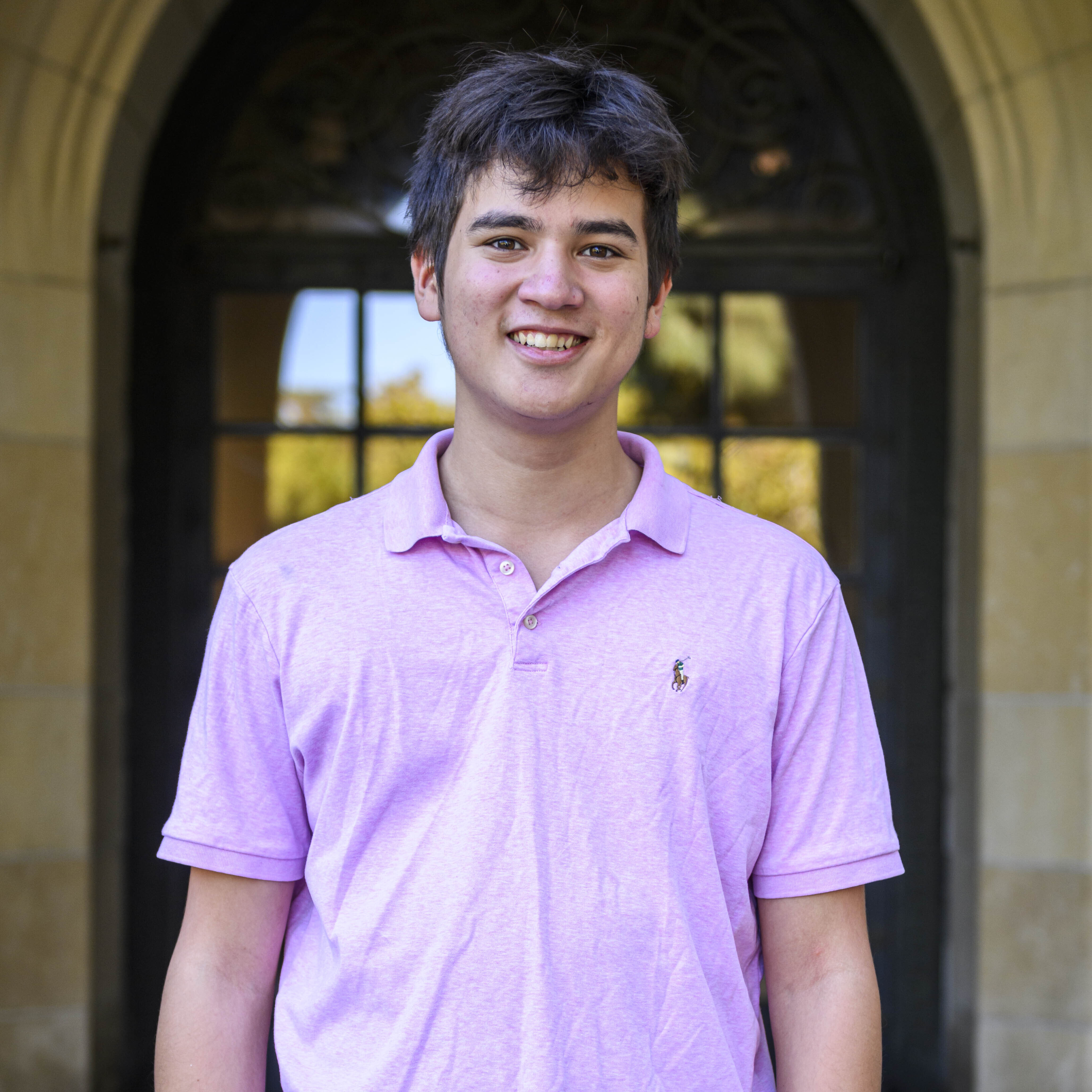
By Dylan Winward
Feb. 26, 2023 11:17 p.m.
The Undergraduate Students Association Elections Board mandated new candidate training and banned the use of anonymous campaigning in a set of changes to social media regulations for USAC elections.
The changes – authored by USA’s independent elections board – followed controversy during last year’s USAC election, when there were accusations of spreading misinformation and the use of anonymous accounts to harass rival candidates. USA’s goal is to clear up previous ambiguities with election code, particularly through adding provisions addressing social media campaigning and creating anonymous accounts, said Megha Gupta, the elections board’s director of marketing. The board will also be running media training sessions for all candidates this year, she added.
Mher Arutyunyan, the elections board’s director of investigations, said one key aspect of these changes is to regulate anonymous accounts on social media. Last year’s election saw a number of investigations into candidates using anonymous accounts, including one claim that was found by the elections board’s investigations team to be more than likely true.
“We have very clearly laid out that any candidates or campaign officials who are found to be, directly or indirectly, administering anonymous social media accounts are being subjected to severe sanction,” he said.
However, Arutyunyan added that regulations surrounding anonymous accounts would be difficult to enforce with limited resources. He said that while the investigations team would do due diligence on complaints about anonymous accounts, it would still be challenging to prove claims.
Gupta, a third-year global studies student, said the changes are important because there has been a significant rise in social media campaigning since the COVID-19 pandemic.
“We love social media campaigning,” said Anna Bulis, chair of the elections board. “Obviously, we think that’s the most effective way to reach out to prospective voters to spread the word about a candidate’s platform.”
Bulis, a fourth-year political science student, added that it’s a vital tool for many candidates to reach out to prospective voters but comes with potential for new rule violations.
Gupta said the new social media regulations have come in reaction to some violations during previous campaigns, including the disqualification of a candidate for an alleged failure to comply with campaigning sanctions last year. She said the elections board wrote the new regulations with UCLA’s judicial review board based on existing university rules.
“We wanted to kind of initiate a similar set of plans, regulations and just make those regulations tighter and a little bit more stricter,” Gupta said. “One of the things that the regulation does is kind of set aside certain terminology, certain language that candidates are expected to use and candidates are expected to steer clear away from.”
Another aspect of the new regulations is increased messaging and training for candidates to ensure their compliance, Gupta said. A new training as part of candidate orientation will address anonymous accounts on platforms like Reddit and Twitter to ensure candidates are familiar with the rules, she added.
Bulis also said she thought media training could eliminate much of the negativity that had been conveyed through social media in past election cycles. She added that UCLA’s administration will now be running training on equity, diversity and inclusion for all candidates, an important step for engaging underrepresented communities in the outreach process.
“A lot of organizations or underrepresented groups kind of felt that they hadn’t really received a lot of outreach from us,” Bulis said.
Bulis also said she thought lower voter turnout last year was because voters were disengaged with the election process in light of previous controversy. However, she said she anticipates the new regulations will help alleviate this issue.
“We’re prepared to enforce our sanctions,” she said. “We’re prepared to ensure that each candidate runs a clean campaign.”



